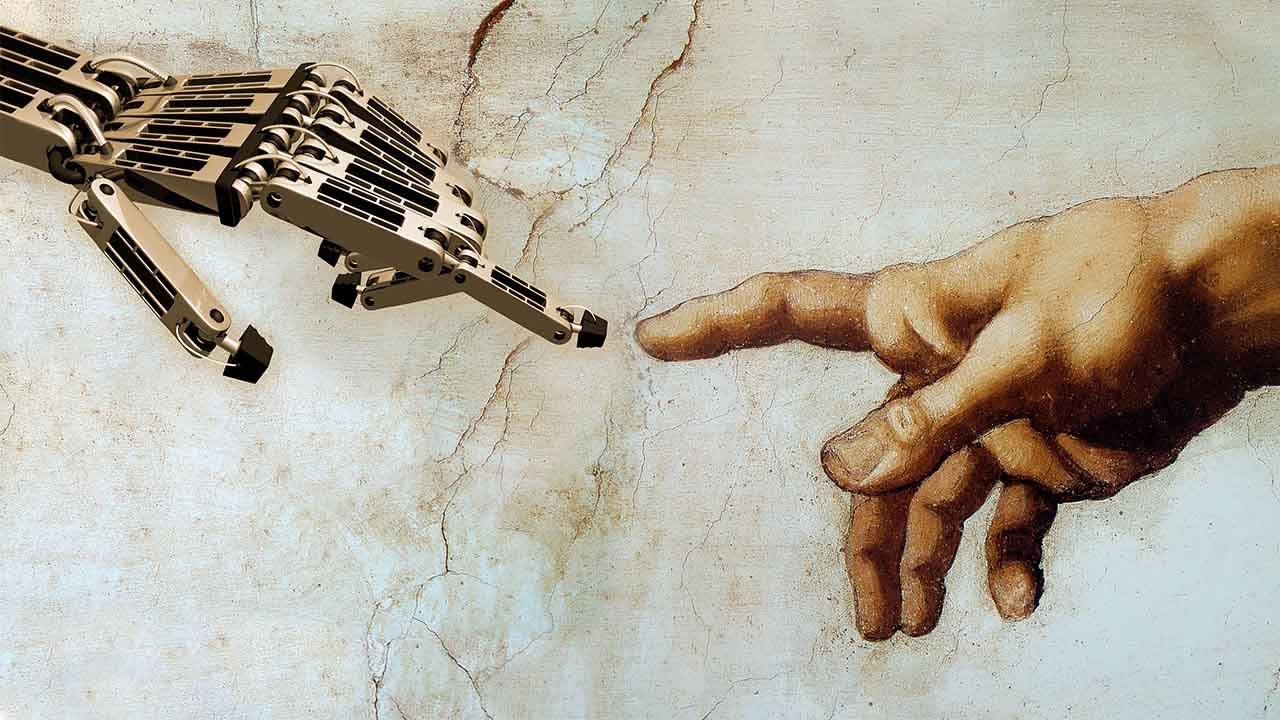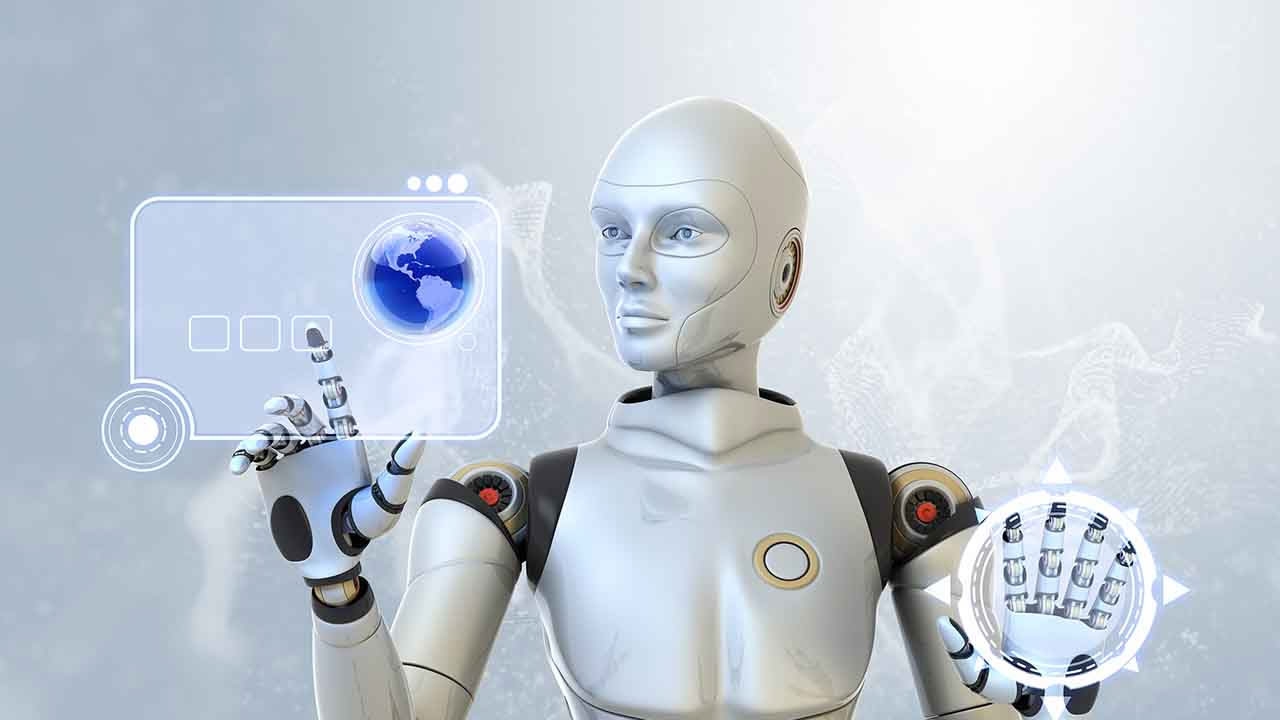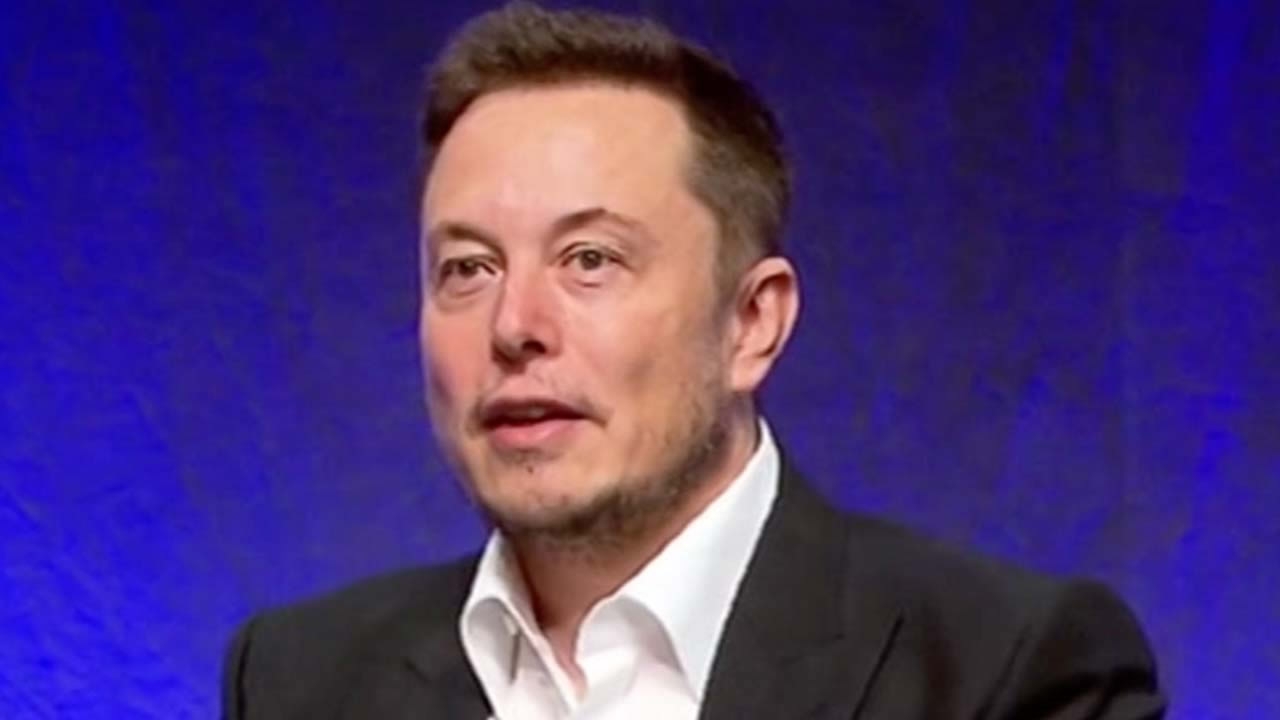
Tech & Sci
16:27, 21-Jul-2017
AI shapes future of retail in China

Robots, smart homes, driverless vehicles...Artificial Intelligence (AI), is becoming more prevalent in daily life in China.
E-commerce giant Alibaba recently opened an experimental staffless convenience store called Tao Cafe, which was equipped with big data and facial recognition technology.
It comes following Amazon's staffless smart store, Amazon Go, which opened in Seattle last December.
And earlier this year, French supermarket operator Auchan also went autonomous with the BingoBox store in Shanghai.
In just half a year, over a dozen such stores have opened their doors, including Chinese snack maker Wahaha's TakeGo and a robot-operated shop launched by F5.
In addition to saving on staffing costs, the use of big data and mobile technology is a big attraction of these smart stores.
New technologies are providing more opportunities for the retail sector and can also better meet consumer demands.
Dong Benhong, CMO of Alibaba, said this data collection could help retailers. It can provide information such as how long consumers look at a product and what they buy, which could help retailers efficiently arrange product displays.
With AI, a so-called "new retail" model has emerged, with companies like Alibaba, Yonghui superstores, Walmart and JD.com all launching new concept stores that combine a brick and mortar presence with new technologies.
With the combination of online and offline tools, it's believed that the retail sector will get a growth boost.
China’s AI sector has grown into a 8-billion-yuan industry in the first half of this year.
While sectors associated with AI have ballooned to 50 billion yuan, AI is helping to reduce overcapacity and lower manufacturing costs.

But Tesla CEO Elon Musk issued a warning about artificial intelligence and said AI should be proactively regulated.
The billionaire has long been concerned about the threats he believes AI can pose, from automation to apocalypse.
Musk also stressed that AI is "not a physical thing, it is a kind of a deep intelligence in the network" and the potential harm that could bring to humanity is incalculable.


SITEMAP
Copyright © 2018 CGTN. Beijing ICP prepared NO.16065310-3
Copyright © 2018 CGTN. Beijing ICP prepared NO.16065310-3